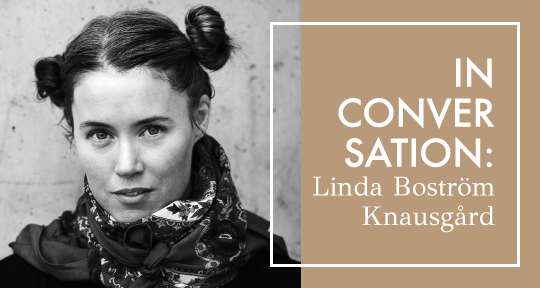This week, our editors are bringing you news from Morocco, Sweden, Vietnam, and France In Morocco, changes to the ministry of communication are affecting book imports. In Sweden, the announcement of the August Prize has brought excitement, whilst the awarding of the Tucholsky Prize to Swedish-Chinese writer Gui Minhai has been met with indignation in China. In Vietnam, the sales of a much-anticipated translation of bestseller South Korean writer Cho Nam-joo have not been as expected. In France, the centennial of Sylvia Beach’s Shakespeare and Company bookshop was celebrated. Read on to find out more!
Hodna Nuernberg, Editor-at-Large, reporting from Morocco
Last month, Morocco’s King Mohammed VI ordered major bureaucratic reform, slashing the government’s thirty-nine member cabinet to just twenty-four—the smallest ever—and doing away with the ministry of communication. While the official line was that the ministry was no longer necessary to regulate the kingdom’s newspapers (a convincing argument, given the state of Morocco’s oppositional press), the abolition of the ministry has had a perhaps unintended side effect: all book imports have been blocked in customs since early October.
The first article of Morocco’s 2003 Press Code guaranteed the freedom of domestic publications. Foreign books, on the other hand, were subject to the ministry of communication’s control. Prior to the October reform, this control was carried out by the foreign publications bureau of the ministry’s public relations division. As such, the bureau was responsible for “analyzing the content of foreign publications” and delivering (or not) the visas necessary for importation. Although Morocco does not officially practice state censorship, this process allowed the king to uphold his three red lines (the monarchy, the kingdom’s “territorial integrity,” and Islam), which were enshrined in article 29 of the Press Code. READ MORE…


